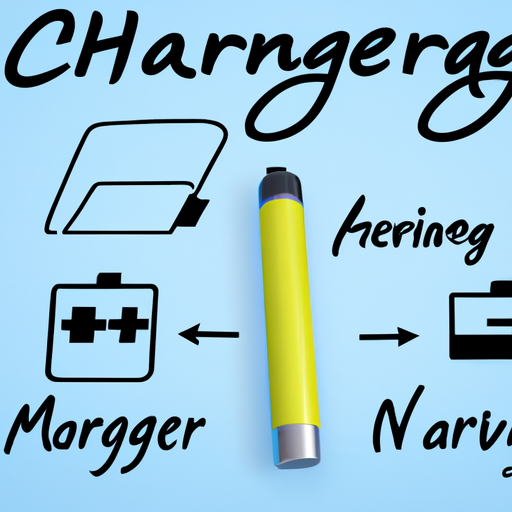
In recent years, there has been a growing interest in non-charging battery products as a more sustainable and environmentally friendly alternative to traditional batteries. These innovative products use alternative methods to generate power, such as kinetic energy, solar power, or radio frequency harvesting, eliminating the need for regular charging. As the demand for non-charging battery products continues to rise, it is essential for companies to provide comprehensive training to their employees to ensure they are well-equipped to educate customers and effectively promote these products.

1. Understanding the technology: Employees should be familiar with the different types of non-charging battery products available on the market, including how they work and the specific technologies used to generate power. This knowledge will enable them to effectively communicate the benefits of these products to customers and address any questions or concerns they may have.
2. Benefits of non-charging battery products: Training should emphasize the numerous advantages of non-charging battery products, such as their sustainability, convenience, and cost-effectiveness. Employees should be able to articulate how these products can help customers reduce their environmental impact and save money in the long run.
3. Applications and use cases: It is important for employees to understand the various applications and use cases for non-charging battery products, from consumer electronics to industrial equipment. Training should provide real-world examples of how these products can be integrated into different devices and systems to meet the needs of a wide range of customers.
4. Customer education: Employees should be trained on how to effectively educate customers about non-charging battery products, including how to explain the technology in simple terms and address any concerns about reliability or performance. Providing customers with accurate information and clear explanations will help build trust and confidence in these innovative products.
5. Sales and marketing strategies: Training should also cover sales and marketing strategies for promoting non-charging battery products, including how to highlight their unique features and benefits, overcome objections, and close sales. Employees should be equipped with the knowledge and skills to effectively position these products in the marketplace and drive customer interest and engagement.
6. Technical support and troubleshooting: Finally, employees should receive training on providing technical support and troubleshooting for non-charging battery products, including how to address common issues and resolve customer problems. This will help ensure a positive customer experience and build loyalty and satisfaction with these innovative products.
In conclusion, training on non-charging battery products is essential for companies looking to capitalize on the growing demand for sustainable and environmentally friendly energy solutions. By providing employees with a comprehensive understanding of the technology, benefits, applications, and sales strategies for these products, companies can empower their teams to effectively promote and support these innovative solutions in the marketplace. Investing in training for non-charging battery products will not only benefit employees but also customers and the environment, making it a win-win for all stakeholders involved.